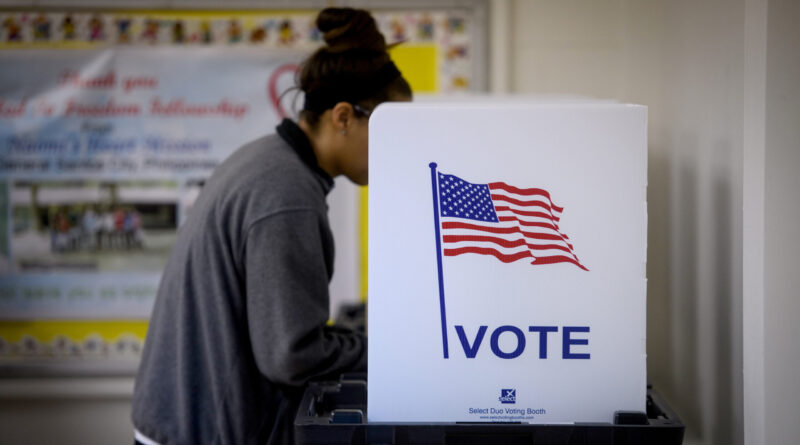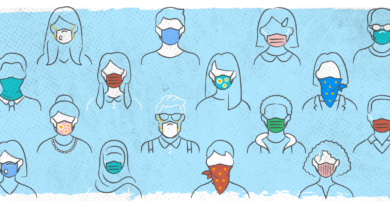Minors Should Have a Major Role in Democracy
As of now, the age limit to vote for U.S. government officials is 18: the age that teens legally become adults. People tend to think of government and politics to be “adult stuff,” but we never really stop to think that politics is something that affects everyone’s daily lives.
Kids, and younger teenagers especially, have strong opinions, and politics is something that nowadays is a big topic in kids’ lives. I am not saying that kids as young as 13 or 14 should be able to vote, but I think it is reasonable to lower the voting age limit to 15-16 year olds.
Most of the kids in this age group are culturally sensitive and can probably understand enough about politics and topics related to how the government works. They also have many responsibilities like taking care of siblings, doing chores, or even working at jobs. Having jobs and other obligations will make them feel that it is more important to pay attention to politics, economy, society, etc. Plus, some kids in the 10th and 11th grades are learning about government and voting in school.
In fact, Mary Wagner, a government teacher said that having “more people eligible to vote is healthy for a democracy.”
Additionally, Deena Habash, the co-president for Model U.N. at Blake, says that, “young people should take an active part in voting [because it will] force younger people to get involved with politics.”
Lowering the voting age will inspire more people to learn about and get people to be involved with government since people around their age are participating in politics.
Habash also thinks that lowering the voting age would “definitely change what politicians focus on” since they would also be looking out for kids and “listening to our issues.”
Society can greatly benefit from allowing minors to vote. Many topics that politicians focus on, such as racism, immigration, climate change, and the pandemic, relate to kids’ lives. Why not allow teenagers to convey their thoughts and feelings by voting? This will make society more inclusive by allowing kids to feel like their voices are being represented and heard.




